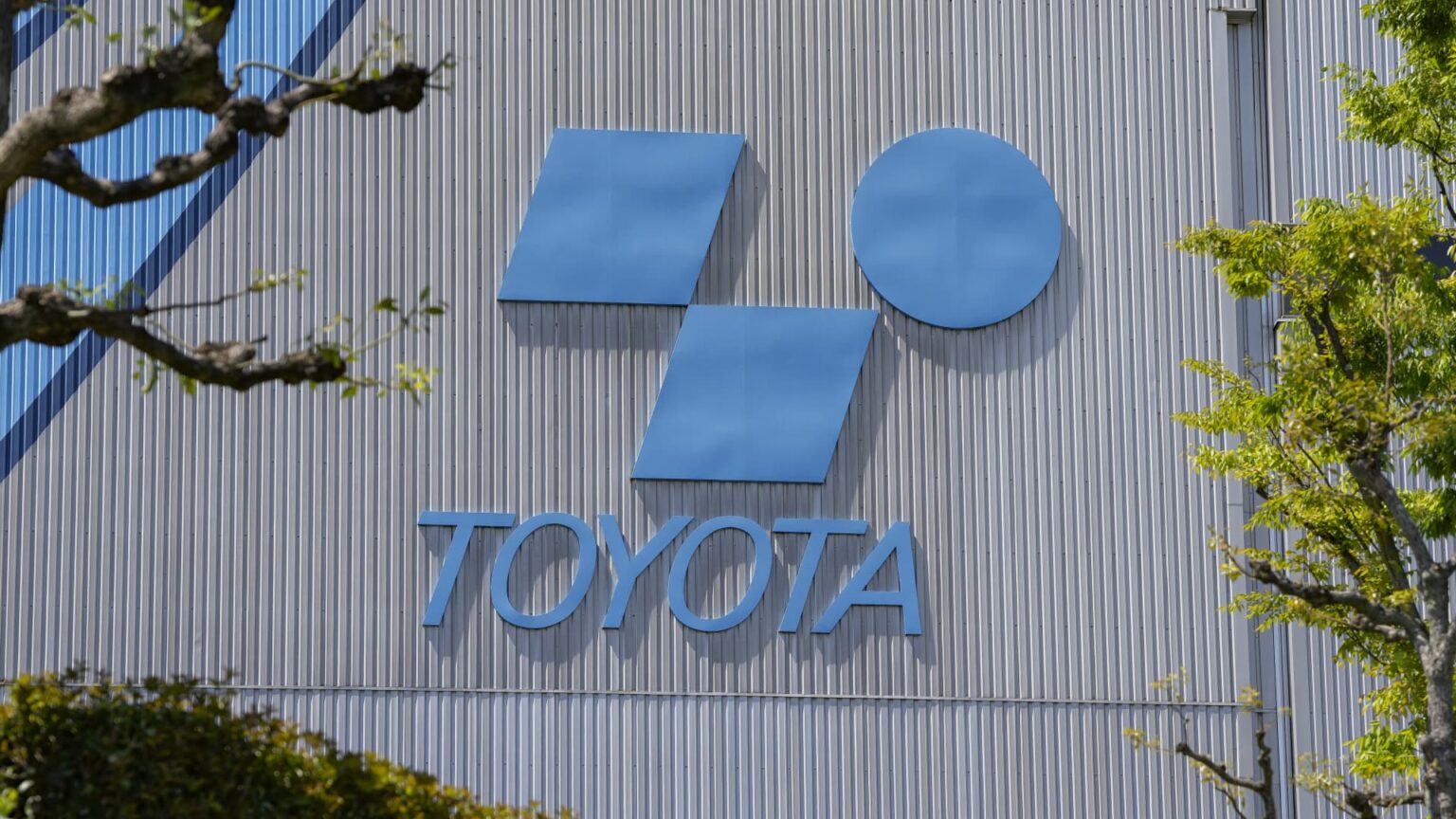Market Reaction to Toyota Industries’ Major Acquisition Deal
Shares of Toyota Industries experienced a significant decline, dropping as much as 13% on Wednesday, reflecting investor discontent with the company’s recent multi-trillion yen acquisition strategy. The company announced a substantial ¥4.7 trillion ($33 billion) deal aimed at consolidating its corporate structure, which has sparked mixed reactions across the financial community.
Context Behind the Deal: Japan’s Push to Reform Cross-Shareholdings
This transaction arrives amid a broader movement within Japanese corporations to dismantle long-standing cross-shareholding arrangements. These arrangements, once used to stabilize corporate alliances, are now viewed as impediments to transparency and market efficiency. The Financial Services Agency of Japan has been actively encouraging firms to unwind these complex shareholding networks, promoting more open and competitive markets.
Historical Perspective: The Strategic Use of Cross-Shareholdings
Since 2005, Toyota has employed cross-shareholding practices as a defensive measure against potential takeovers, according to Satoru Aoyama of Fitch Ratings Japan. This strategy was designed to safeguard the company’s independence but has increasingly come under scrutiny as regulators push for more streamlined corporate governance.
Details of the Acquisition: Financial Structure and Stakeholders
The deal involves Toyota Group acquiring shares of Toyota Industries at a price of 16,300 yen per share, a notable decrease from the previous closing price of 18,400 yen. The transaction will be facilitated through the creation of a new holding company, with Toyota Fudosan, the group’s real estate arm, investing approximately ¥180 billion. Additionally, Toyota Motor Chairman Akio Toyoda plans to contribute ¥1 billion, while the company itself will allocate around ¥700 billion to purchase non-voting preferred shares.
Funding for this ambitious acquisition is expected to come from major financial institutions, including Sumitomo Mitsui Banking Corporation, MUFG Bank, and Mizuho Bank, through a combination of equity and debt financing.
Expert Insights: Market Sentiment and Future Trends
Kei Okamura, a managing director at Neuberger Berman specializing in Japanese equities, anticipates that this move signals a broader trend of unwinding cross-shareholdings within the Toyota ecosystem. He suggests that such restructuring could enhance shareholder value over the medium to long term, especially if proceeds are reinvested into growth initiatives.
Market Valuation and Investor Concerns
Some analysts, including Arun George, a global equity research expert, have expressed reservations about the attractiveness of the deal. George noted that the offer price is below the valuation midpoint suggested by independent financial advisors, indicating potential undervaluation. Despite multiple requests from the special committee for the offeror to increase the bid, efforts to negotiate a higher price were unsuccessful.
In April, Toyota publicly explored the possibility of a $42 billion buyout of Toyota Industries, hinting at strategic interest in consolidating its supply chain. Toyota Motor, which was spun off from Toyota Industries in 1937, indicated in regulatory filings that it was considering various options, including partial investments, to strengthen its position.
Implications for Toyota Group and the Global Automotive Sector
This transaction is viewed favorably by industry analysts, as it could pave the way for more efficient capital allocation and improved shareholder returns. Over time, unwinding cross-shareholdings and reinvesting proceeds into core businesses may bolster the company’s competitiveness.
Meanwhile, the deal occurs against a challenging backdrop for the global automotive industry, which is grappling with rising tariffs. Notably, in April, U.S. President Donald Trump announced a 25% tariff on imported vehicles, disproportionately impacting automakers like Toyota that have significant exposure to the U.S. market. This geopolitical tension underscores the importance of strategic restructuring to mitigate external risks.
Looking Ahead: Strategic Moves and Market Dynamics
As Toyota continues to navigate regulatory pressures and market uncertainties, its approach to corporate restructuring and investment will be closely watched. The company’s efforts to optimize its shareholder structure and adapt to evolving global trade policies will likely influence its long-term growth trajectory and competitive positioning in the automotive industry.

